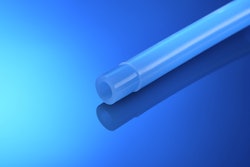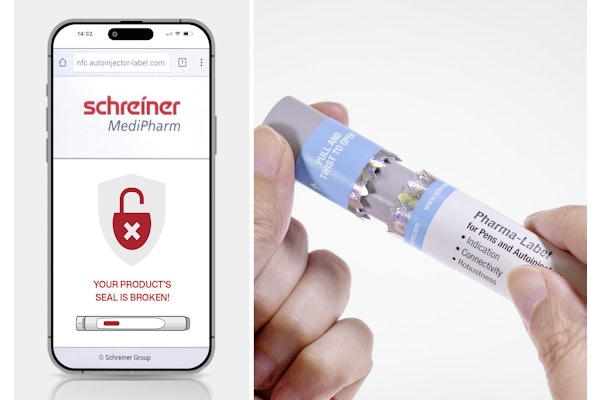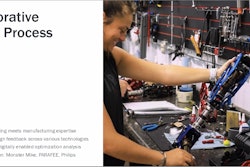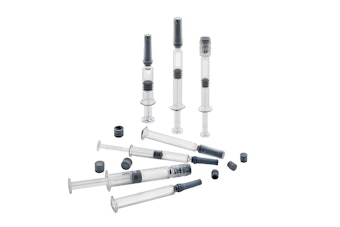
The Internet of Things (IoT) is revolutionizing the healthcare packaging industry as it enables many possibilities to important aspects such as tracking of shipments and missed medications, which in turn will enhance not only the clinical workflow but also the quality of life.
Like any other domain (or industry) that hitchhikes onto the latest technological innovations, IoT in packaging also offer many features previously unseen, such as bi-directional communications, tracking and status display mechanisms.
Considering the crucial aspect of timely administering of medication, the main role of IoT in healthcare packaging may be in ensuring the frequency and dosage, thereby ensuring efficacy. It is now possible to replace the medicine container with IoT solutions that can link to a cloud-based application to which a patient and his or her doctor can input the information and use audio-visual indicators to remind the patient to take medication at a certain time.
A smart medicine box with smart pharmaceutical packaging can revolutionize In-home healthcare services. IoT smart packaging can help in controlling entry of substances in healthcare environments, which may be linked with security measures and also to the right patient, ensuring traceability.
This is of great importance in emerging markets to tackle the challenges of counterfeiting as well as illegal recycling. In India, examples of illegal recycling could be the re-use of syringes and medical waste cotton. IoT in packaging could introduce the relevant electronic circuitry in a chip or printed electronic element the provides a unique signature.
Considering the crucial role of cold chain in transportation of medication and biologics in the stipulated timeframe, IoT-enabled packaging solutions are indeed a boon to meet regulatory requirements while meeting product quality and integrity.
Frost & Sullivan forecasts 80 billion connected devices in year 2020. According to Machina Research data, the global market for IoT in 2020 will be worth $373 billion in revenue, with $194 billion from hardware and $179 billion from software.
India will account for $10 to $12 billion of this total revenue. India’s National Policy on Electronics (NPE) aims at investing about US$100 billion in the electronics industry by 2020, generating around 28 million jobs by 2020. This amounts to a turnover of US$55 billion of chip design and embedded software, US$80 billion of exports in the sector by 2020. India and South Korea, the latter of which is ranked No.1 in IoT leadership, have signed agreements to cooperate on IoT. Startups are already blossoming, and with support from government, IoT may well be the sector to watch in India.
Vimal Kumar is an electronics engineer with 24 years of experience in electronic manufacturing (biomedical) , project management of biomedical electronics, automated testing (aircraft engines and turbine) and techno commercial aspects of business development (engineering design services). He has a post-graduate diploma in International business and a diploma in French. He is a medical device consultant and holds three patents on medical devices. He can be reached at [email protected]





















